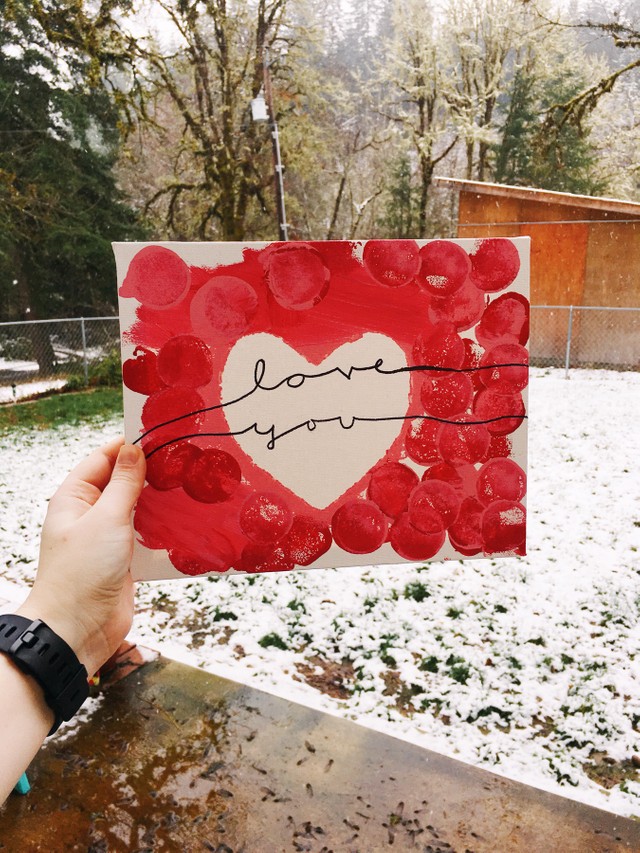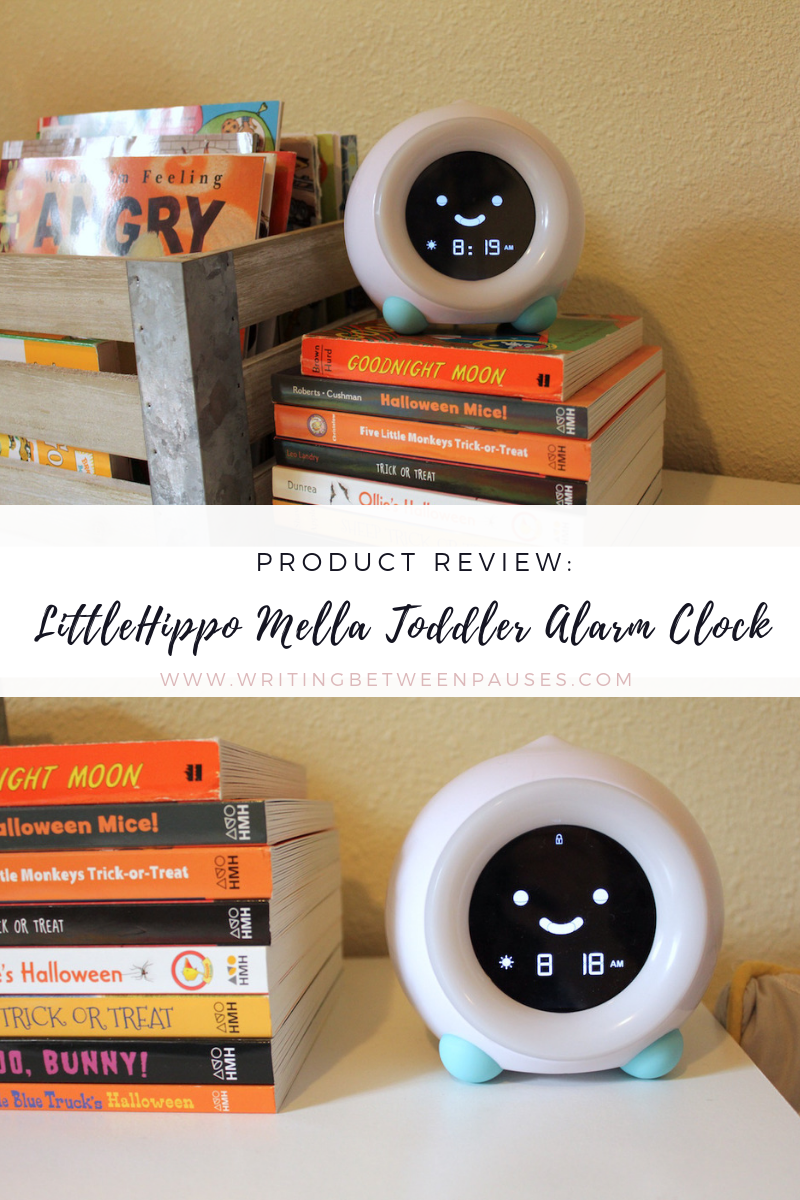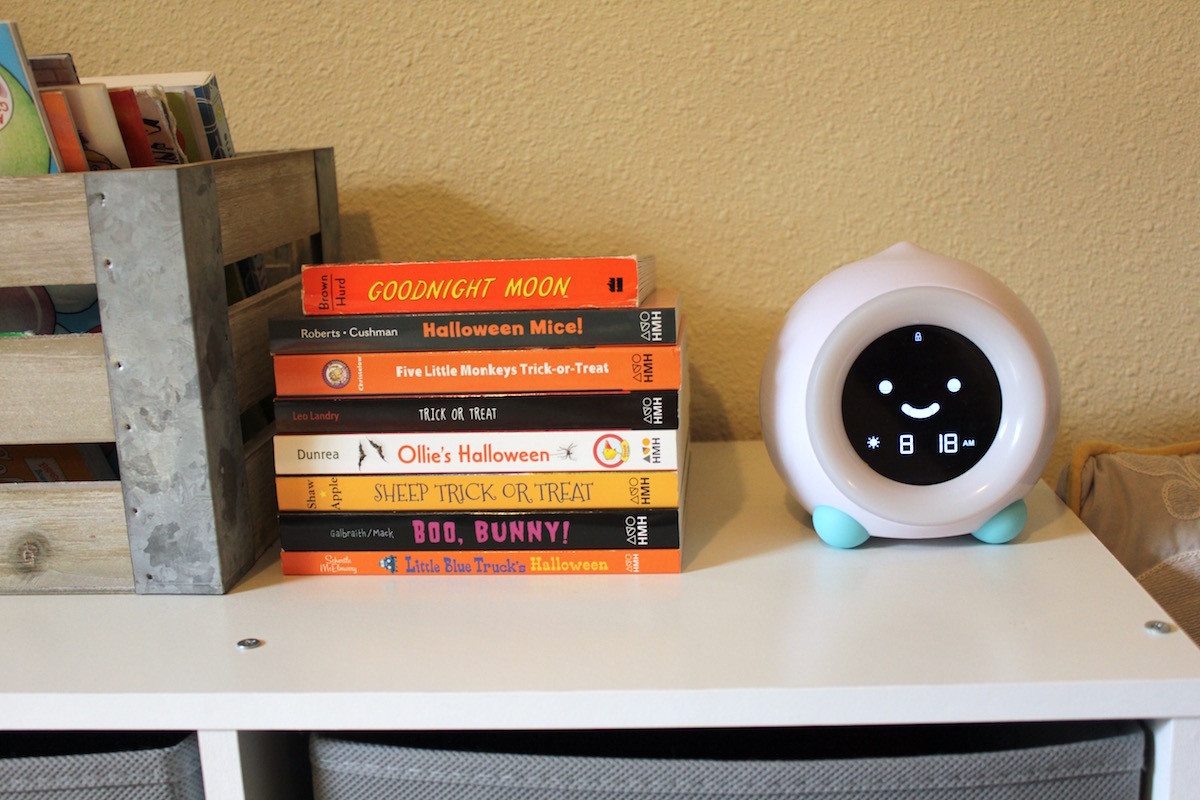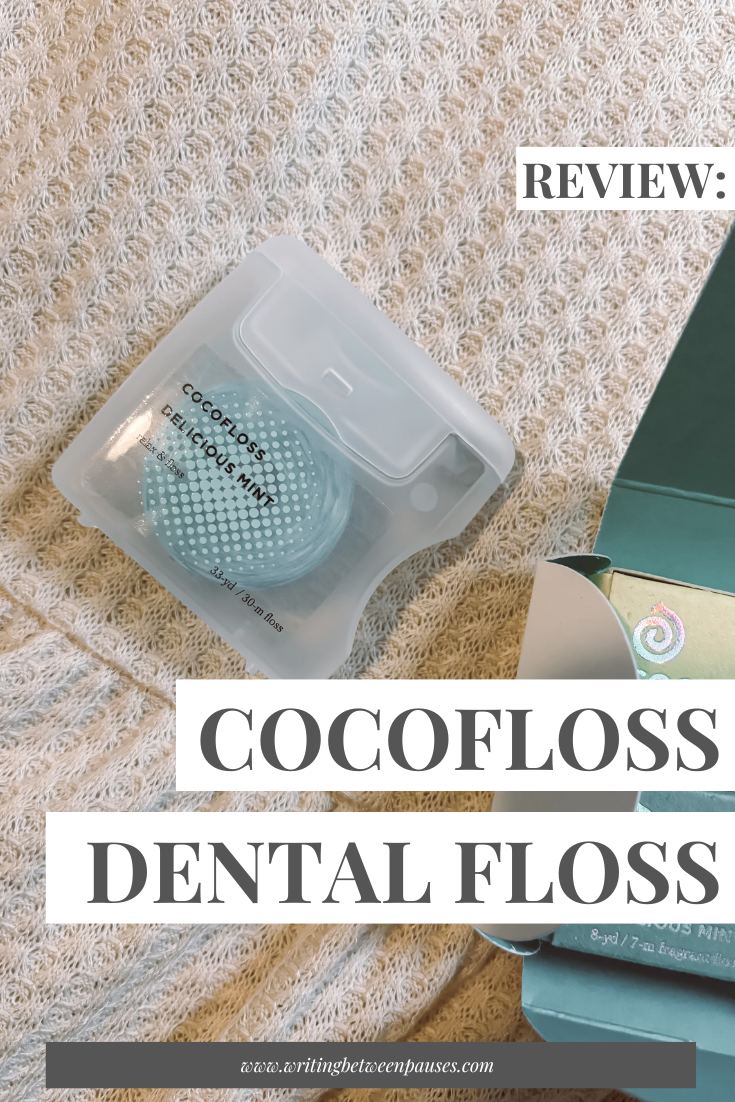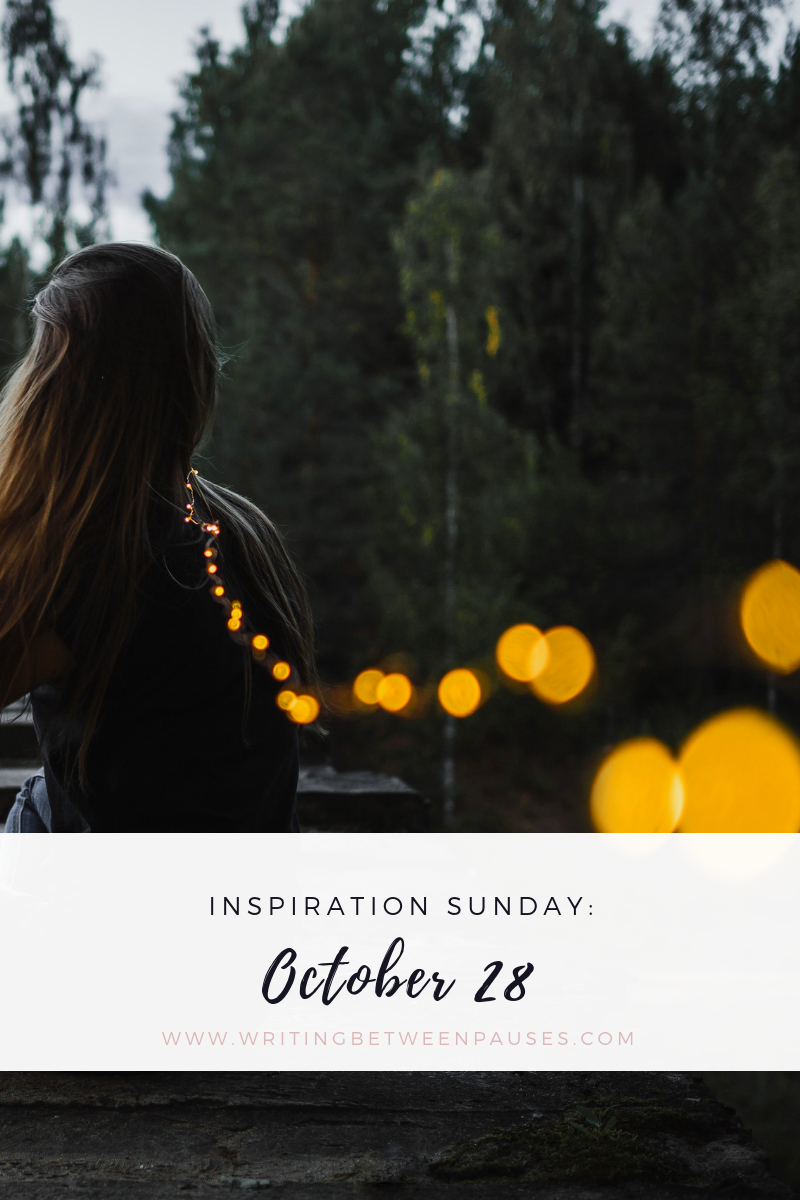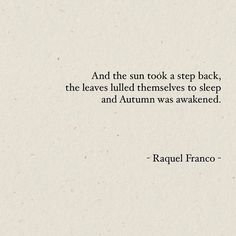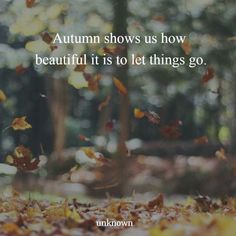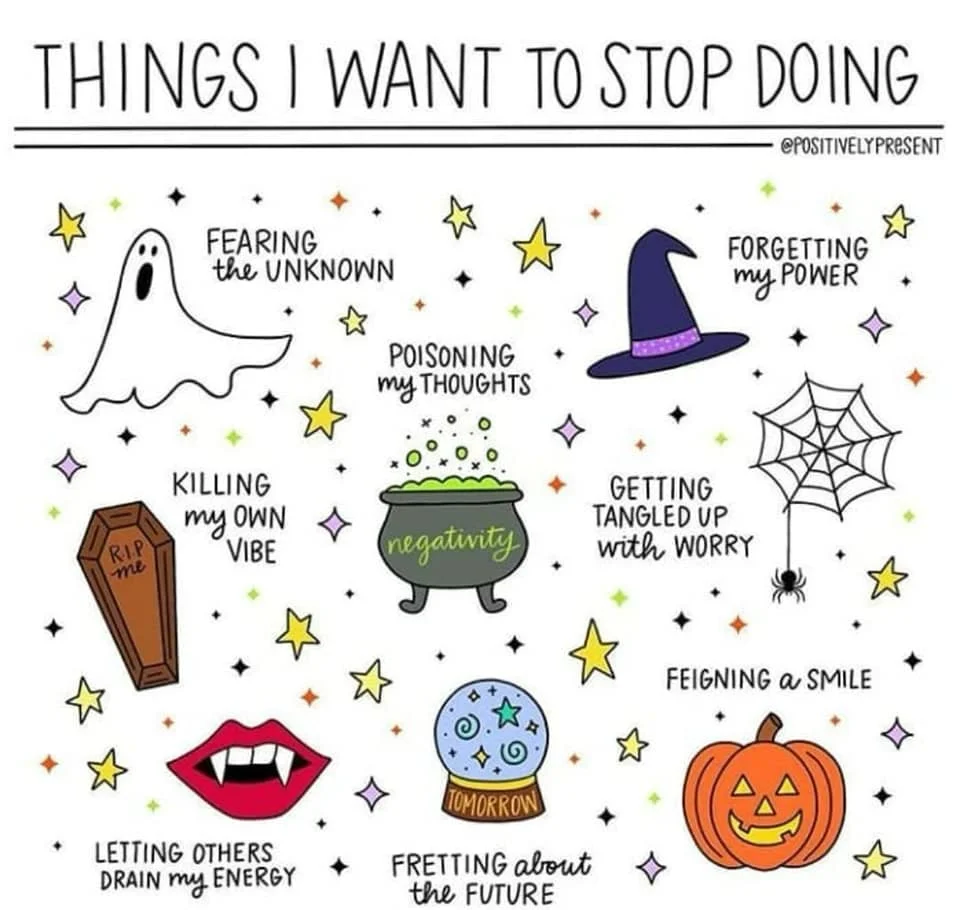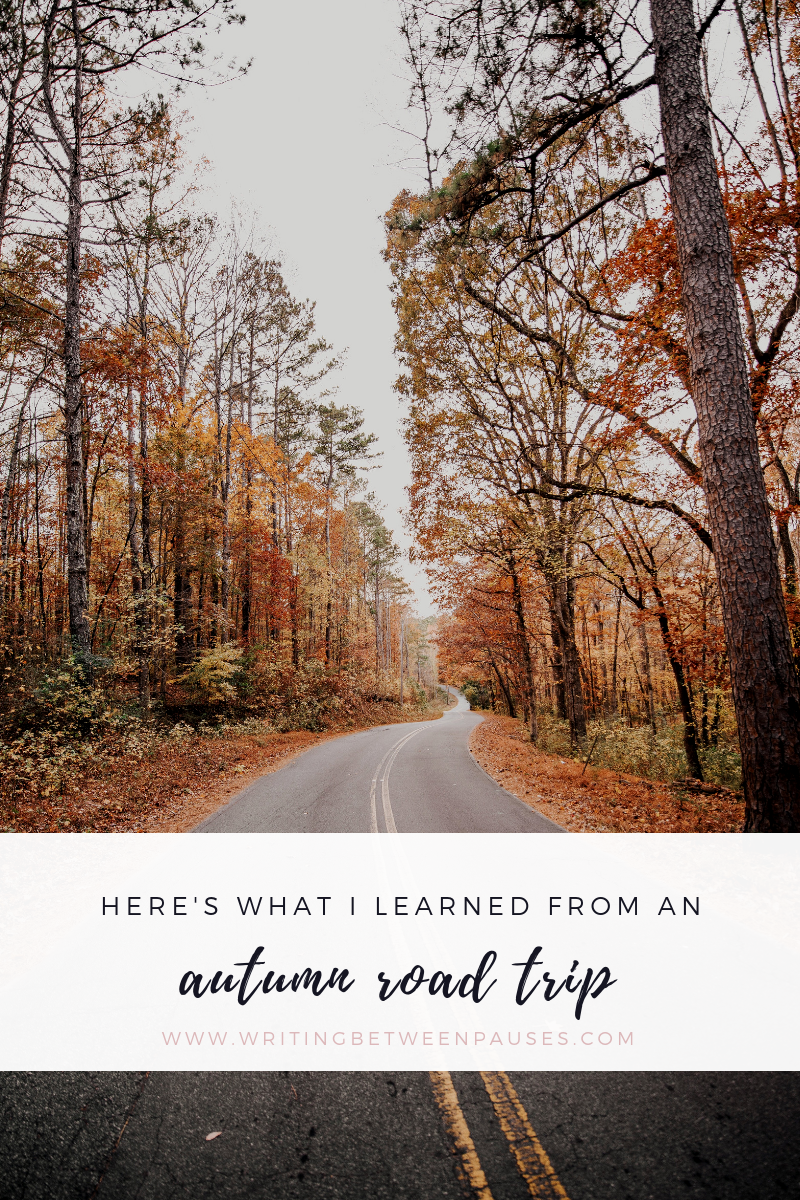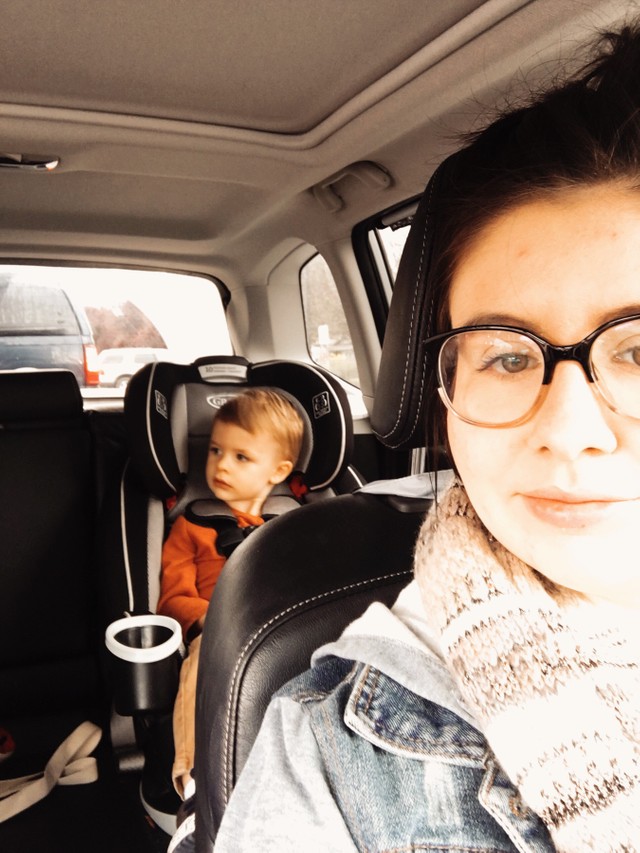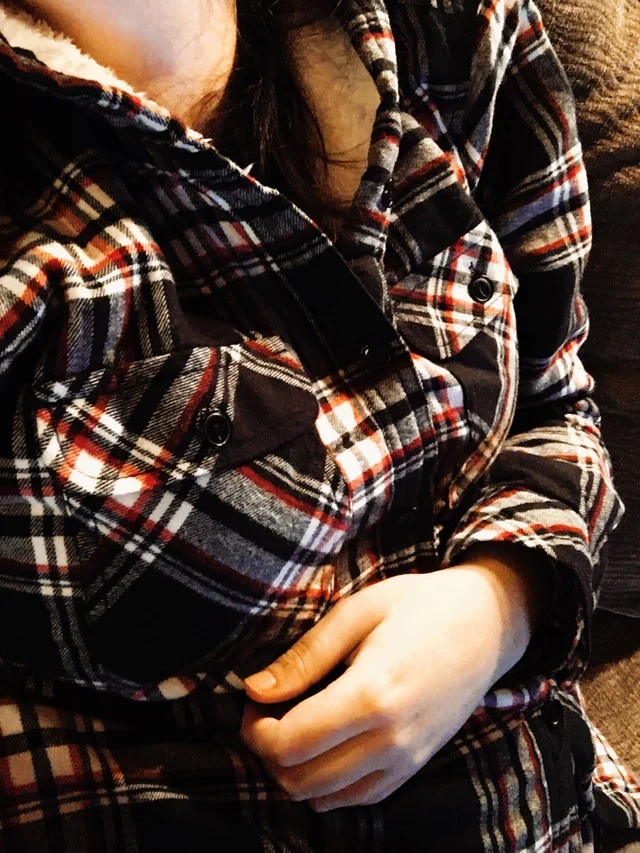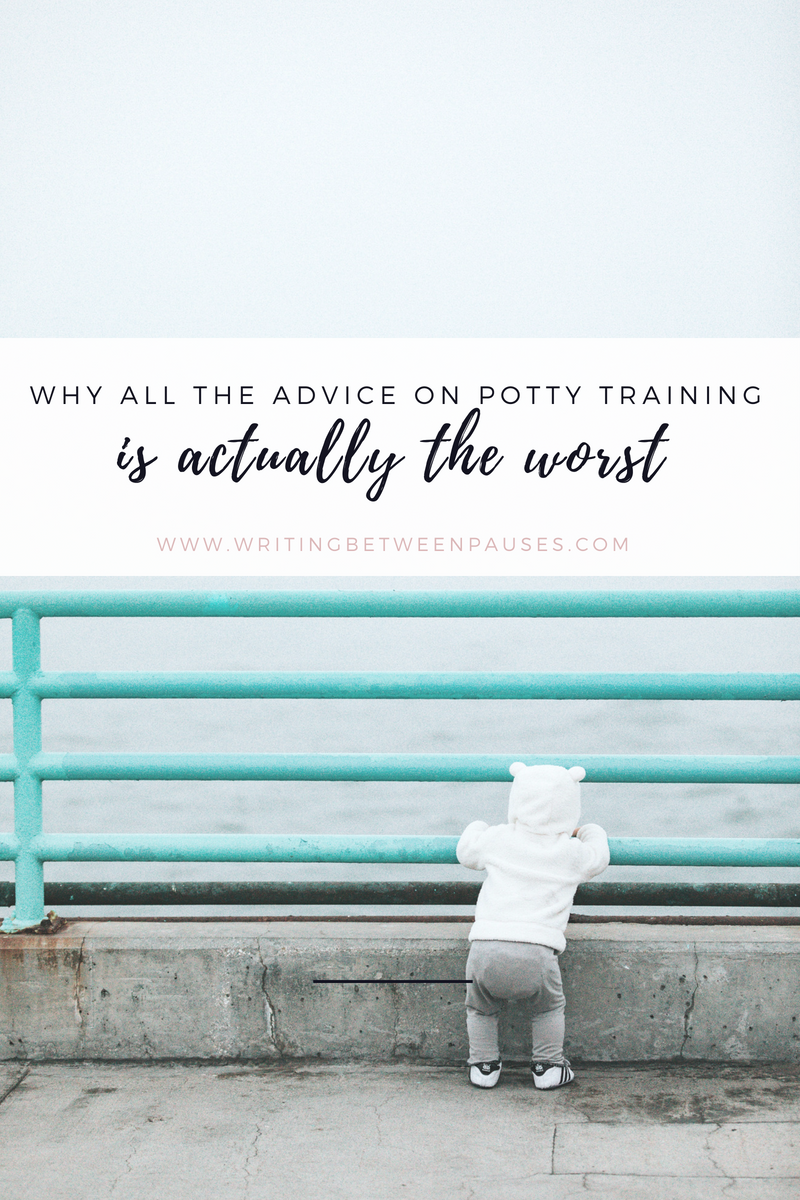When I took Forrest to the pediatrician back in October for his 3-year well check, this is the question his doctor asked me, more than once: “does he watch a lot of TV?”
My pediatrician, bless her, is an advocate for reduced screen time. She probably asks this of every single parent she encounters every single day and, most likely, it gets very annoying after a while. And she probably also knows that most parents fudge the answer a bit.
Are you curious about what I said?
My answer was this: “He watches some.”
Ok, you’re right, I danced around the answer.
She gave me a knowing look and a nod and then asked if I had any concerns I wanted to talk about. Right back into the appointment.
But I knew it, she had me pegged. I was a parent who let my kid watch TV—and probably too much TV. Is there anything worse?
TV time is a controversial subject among pediatricians and mom groups. There are lots of differing opinions on whether or not TV is a good or bad thing—or even perhaps just a neutral thing. On one side, you have people saying that screen time can effect children’s vision (I agree), can cause ADHD (um, maybe a bit less), and just shows plain laziness on the parents part (hm, definitely disagree there). And then, on the other side, you have the “I watched TV my whole childhood and I’m fine” group (but… are you fine?).
And in between, you have me. And probably you, if you’re reading this.
If you’re like me and buy arguments on both sides, you might still find yourself overwhelmed by what to decide to do. Should I let my toddler watch TV? Or should I be a one woman show every single day? (Ok, that’s an exaggeration.)
I am by no means whatsoever an expert when it comes to children and screen time. But I wanted to write down some of my very own beliefs and thoughts about TV and my toddler—in the hopes that it helps other parents. Because I think when we learn from actual parents (and not just experts, not just data), we’re more likely to find an answer that is more nuanced than just yes or no.
What’s the Harm in a Little TV?
Do you want to know what else happened at my son’s 3-year well-check? After my pediatrician asked about screen time, she asked if I had any concerns.
And I did!
Here’s what I asked: “I have noticed that my son sometimes feels the need to fix when other people are upset. He wants everyone to be happy and gets quite upset if he feels others are sad, mad, or just having a bad day.”
Our pediatrician thought on this for a few minutes (as she took his temperature, checked his reflexes, and had him do an eye test). Then she told me something really important: “Did you know most children don’t show empathy until around the age of 8? They understand when other people are sad before that, most of the time, but what your son is showing is empathy. Which is very developmentally advanced.”
So, on one hand, I felt I’d been outed as a screen time monster. And the, 5 minutes later, she was bringing me paperwork about raising a gifted child.
Then, I told her about his drawings.
Forrest has been drawing people since he was about 2 and a few months. He started drawing circles, with rudimentary dots for eyes and a jagged mouth. Then, he started adding arms and legs, ears, hair, and smiles. I took pictures on my phone and showed them to his pediatrician.
She was, again, impressed. Drawing people, especially with properly placed facial features and arms and legs, is developmentally something that happens closer to the age of 5. I got more pamphlets; I got told to definitely limit screen time and have him listen to music or foreign language tapes instead.
This isn’t my way of saying, “He totally watches TV and he’s a genius!”
Instead, this is my way of saying that maybe the answer isn’t totally black and white. There is lots of evidence to show that too much screen time can cause shortened attention spans, as well as damaged eyesight—especially as studies have started to expand to include toddlers who use tablets specifically.
So, About Tablets
Forrest has never used a tablet. Really, never. Well, my mom might let him play on her iPad once and a while. But he’s held my iPhone maybe 7 times in his life (and usually when we were somewhere and he was very tired) and we don’t even own tablets ourselves. He sometimes plays on my computer, when I’m trying to work and get up for a moment, only to turn around to him pretending to type.
By and large, Forrest’s screen time is primarily our actual TV. And we’re one of the few people left in the world, it seems, who pay for cable (or in our case, satellite).
Here’s my opinion (and again, this is just my opinion, just my method as one parent out of millions trying to make sense of all the information out there): TV time is fine, but tablet time is not fine.
Many parenting experts actually say they prefer that toddlers use tablets because it is more interactive screen time, versus TV, which is a form of passive screen time. While I’m not a parenting expert (again), I can’t help by disagree. I’ve seen my son’s friends use tablets in grocery stores, in restaurants, at playdates: they stare at it passively, watching YouTube videos, skipping video after video. Kids are smart and they learn negative behaviors really fast. As well, using a tablet can effect your posture bad: I mean, I only use my cell phone and I’ve noticed a definitely change in my posture that I have to actively correct. Tablet use has also been linked to poor eyesight; the blue light, especially on young, developing eyes, can be particularly damaging.
I don’t think tablets are the worst, but from what I’ve read, I find them the most scary. Did you know that it was only recently that Apple started insisting that apps alert you when they are recording the screen as you’re using it? I mean, as in, within the past few days. That means, some apps have been recording our usage in terms of video recording. Sorry, but that is wild! Some apps seem fun for kids, but are just dangerous. And don’t get me started on how much messed up stuff is on YouTube Kids! There are graphically violent videos on YouTube Kids pretending to be Peppa PIg. At least when I turn on the TV and put on Sesame Street, I know it’s Sesame Street, you know? And also I know Forrest isn’t going to buy $30 worth of apps because he’s smarter than me.
How to Keep TV Interactive
This leads me back to why I prefer TV. Even though parenting experts say that TV time can be too passive (that is, just sitting and watching versus learning, writing, and drawing), again, I disagree. I think it really depends on the shows.
Forrest watches about 3 hours of TV a day. I try to keep it less that that, but truthfully, some days he definitely gets more (depending on how much work I need to get done). And I heavily control what those 3 hours consist of. I fought hard against letting him watch Paw Patrol, for example but one day last summer, Danny let him watch it. I don’t think Paw Patrol is a highly educational show and it doesn’t invite interaction.
What shows do invite interaction? We like Daniel Tiger, Sesame Street (of course), Team Umi Zoomi, and Little Einsteins. Two of those shows aren’t even on anymore, so we primarily watch them on DVD. All of those shows are educational, teach valuable lessons, and invite kids to interact as they watch—and learn. One channel that we watched a lot when Forrest was little was Baby Connect, a channel I found in the 800s on our TV; I don’t know how common it is, but if you can find it on your TV, I highly recommend. It has some foreign language shows that have been dubbed (like a Welsh show about a tractor), as well as lots of singing, counting, and color naming. I always joke that Forrest knew all his colors, numbers, and letters by 18 months because of Baby Connect.
Is This the End All Be All?
Obviously, no. I’m not a parenting expert. I’m just sharing the decision I’ve made for our family to help us survive. I think if you can get by without TV, more power to you! That’s amazing! Forrest plays while he watches TV; I’d say he actively pays attention to TV maybe 50% of the time. But he often needs a higher level of interaction than I can provide, especially in the middle of the day when I’m working, and so, TV becomes a lifesaver. But if you’re like me and just trying to make the best decision, this is the best advice I can give you: if you feel like it isn’t working, or you notice things happening in your child’s behavior, then there is no shame in seeing if less TV will help.
In December, I started noticing Forrest whining, crying, and throwing tantrums way more than usual. I dialed back his TV watching a lot—and I mean, a lot—during Christmas break and it made a huge difference. We started listening to music instead and he loved that.
Here’s a rundown of my tips:
As many hours as their age: Forrest is 3, so I try to limit him to 3 hours of TV per day. Usually, we listen to music until Daniel Tiger comes on (which is an hour), then nap, then in the afternoon, he gets to pick a movie or TV show to watch.
Interact with them: As they watch TV, ask questions. “What is Daniel doing?” “Does he look sad?” I have found that it works best for me to watch at least part of it with him.
Give them other activities to do: I make sure that Forrest has lots of activities to do throughout the day when I need to work. Stickers, lots of crayons and paper, and lots of books. I also try to stop what I’m doing and play with him a few times a day.
So, I turn it over to you: do you let your toddler or preschooler watch TV? What works for your family?


